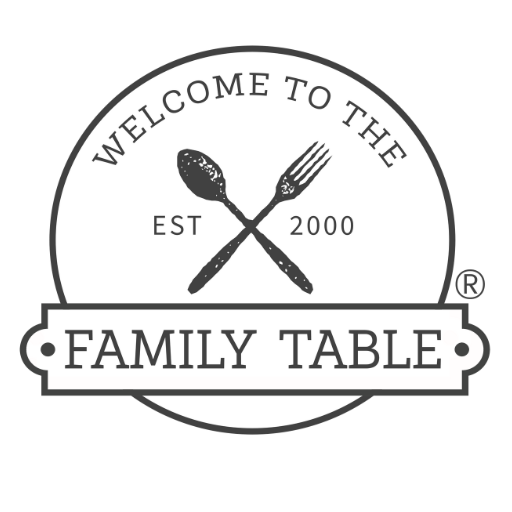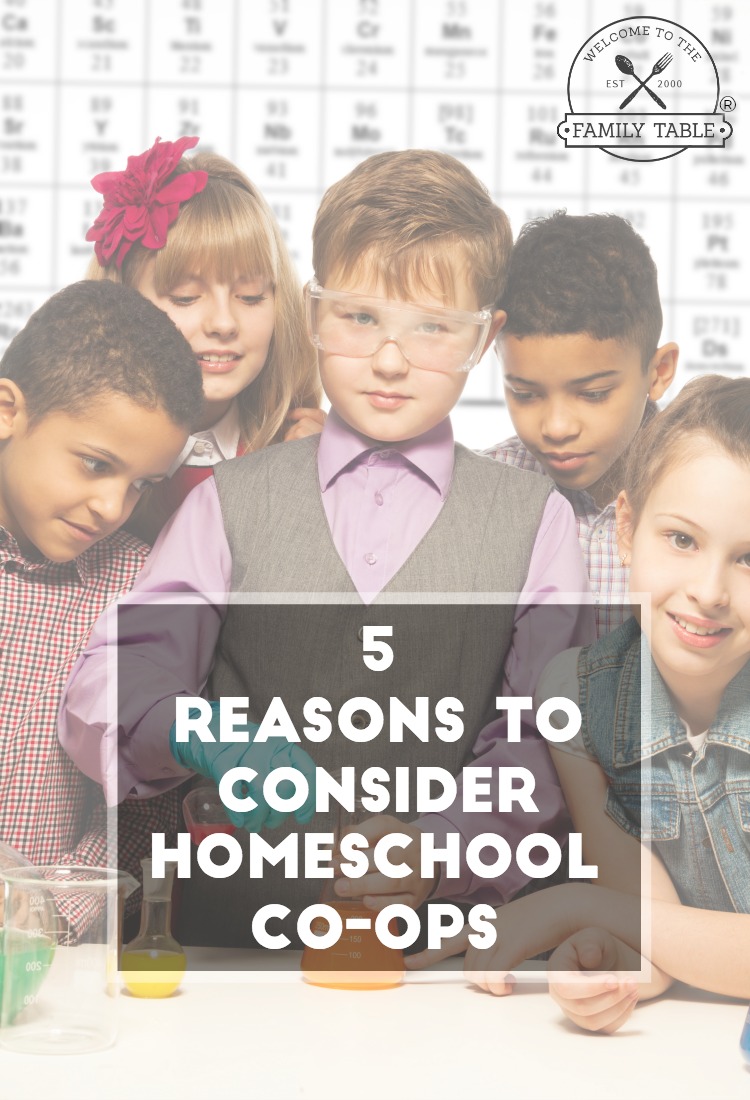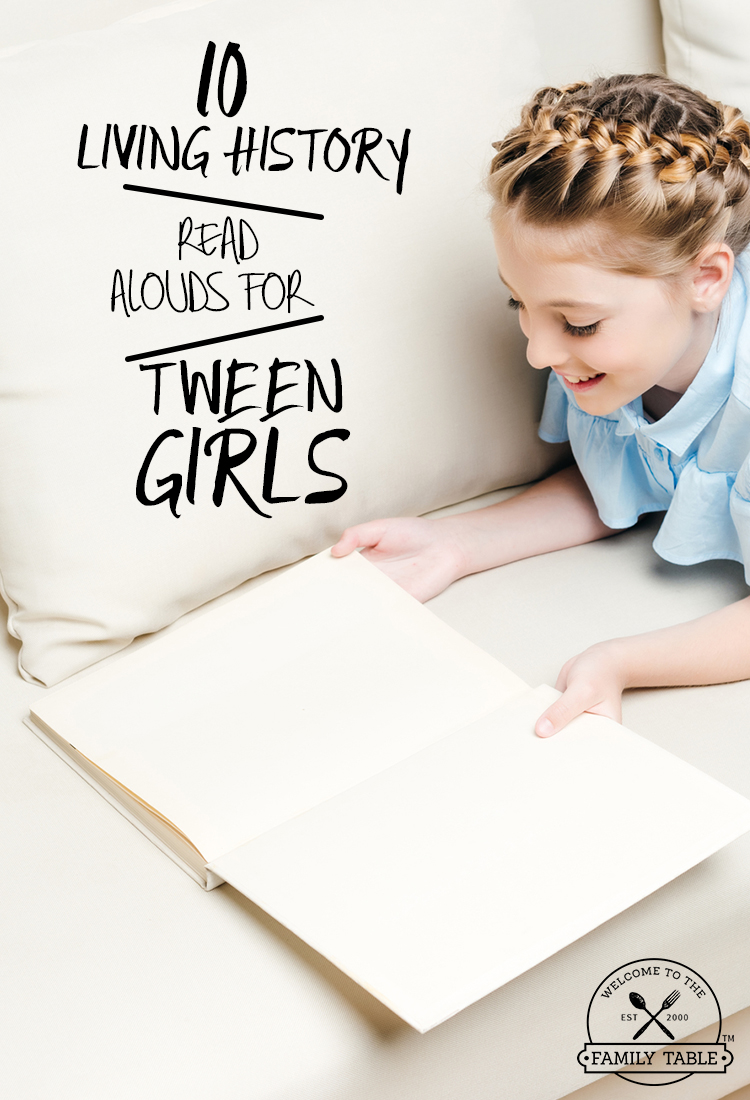{The Love Of} Classical Education

Last week, I had the privilege of attending a Classical Conversations 3-Day Parent Practicum. During the practicum, I viewed a ten-minute video on St. John’s College, a liberal arts university with two campuses (in Annapolis, MD and Santa Fe, NM). Instead of selecting a major and taking classes that focus on that discipline, students at St. John’s take a series of seminars focused on the work of the Great Thinkers, including everyone from Aristotle and Pythagoras to Descartes and Freud. This video presented St. John’s College as the ultimate place to experience the highest form of Classical Education, known as the Rhetoric stage.
This was truly an “A-ha!” moment for me, as it made me realize I’ve been fascinated with the classical method of education for far longer than I realized. You see, I attended St. Thomas University in Miami, FL, and participated in their Honors program – a series of seminars based on those offered at St. John’s – and those seminars were quite simply the best experience of my academic life, and impacted my world view in ways I am only beginning to realize.
Classical Education is comprised of three stages, known as the Trivium. The first stage, called the Grammar stage, finds children able to store up vast amounts of facts – everything from fairy tales and nursery rhymes to multiplication tables and Latin verbs – through repetition and drilling. From there, students move on to the Dialectic stage, where they learn to argue effectively and study logic. The final stage of the Trivium is Rhetoric, where students are ready to effectively communicate the ideas they have learned in the most compelling manner possible (http://www.classical-homeschooling.org/trivium.html#learn).
The Classical method also sees all subjects as interconnected; rather than teaching math, then English grammar, then science, and so forth, Classical homeschoolers focus on integrating subjects so our children can see how math and science relate to literature, etc.
Both of my children are in the Grammar stage, so our days typically involve a fair amount of repetition and drilling of basic facts. This may sound dry and boring, but I assure you it is anything but! We use Classical Conversations for our base curriculum, and this means the average day will find us using a wide variety of activities to review various subjects:
- Math – we march around the house singing skip counting songs. As a result of these songs, my 4-yr-old can skip count through the 15s!
- Geography – we use the world map in our schoolroom to review the locations of different states in the USA or countries in the world, as well as topographical features such as rivers, mountain ranges, oceans, and the like. I also give the kids laminated maps and let them trace the continents and countries, so they can work on their motor skills and develop a higher degree of familiarity with the geography they are studying.
- Science – we focus on memorization of basic facts (last year it was human anatomy and chemistry), with the use of hand motions to help them cement the information in their minds.
- History – once again, music is a key to helping them remember their weekly history sentences, and hand motions help them retain some of the more complex facts.
- English Grammar – more memorization of basic facts, such as types of sentences, parts of speech, and lists of prepositions, helping verbs, conjunctions, etc. We use hand motions (Head, Shoulders, Knees & Toes-type motions were quite helpful last year) to help them recall important facts.
- Latin – you wouldn’t think that preschool and kindergarten-aged children could memorize Latin, but my children certainly can! Our Latin work consists primarily of reciting lists of words in English and then Latin. I found the best way to reinforce this is using two puppets – one says the word in English, and the other in Latin, and soon the kids can repeat all the words we’re learning!
- Timeline – we have a pack of timeline cards, and each day the kids review the cards they are learning for the week as well as the ones we’ve learned previously. By the end of the year, they can recite a list of key events from Creation to Modern America!
Once a week, for twelve weeks in the fall and twelve weeks in the Winter/Spring, we attend classes at our local Classical Conversations community. It’s a great opportunity to fellowship with other Classical Christian homeschooling families, and the kids get to learn their new grammar for the week from a tutor (typically another homeschooling mom). Tutors focus on exposing kids to the new grammar work in each subject, and also lead the classes through fine arts lessons and science experiments. Also, each student gives a 3-minute presentation to his or her class each week, allowing even the youngest to develop confidence and proper public speaking skills. Tutors also play review games with the kids, and then the families eat lunch together and the kids play while the moms have an opportunity to fellowship.
In addition to our Classical Conversations work, I also have a phonics, writing, spelling, and math curriculum for each of my children. On a typical day, we start the morning with our CC review, followed by reading a book about something we’re studying in CC that week. After that, I work with each child on reading and spelling skills, work on our weekly math lessons using Math-U-See, and give them writing assignments so they can practice their fine motor skills.
My husband and I first began considering homeschooling after our son David was born six years ago, and one of the first books I read that really resonated with me was The Well-Trained Mind by Jessie Wise and Susan Wise Bauer. I thought that was where my love of the classical method got its start, but just last week I realized that God was building the foundation for my love of this educational style when I was twenty years old and sitting in an Honors seminar discussing Plato and Aristotle with ten other college students and two wise professors in a university classroom!
I hope this gives you some insight into the Classical method and how we use it in our homeschool!
CC Jen is a homeschooling mother of two who blogs about her love of Classical Conversations and her family’s Catholic faith at Classical Conversations and My Catholic Family (classicalcatholic.blogspot.
More from the Homeschool Methods and Approaches Series…



